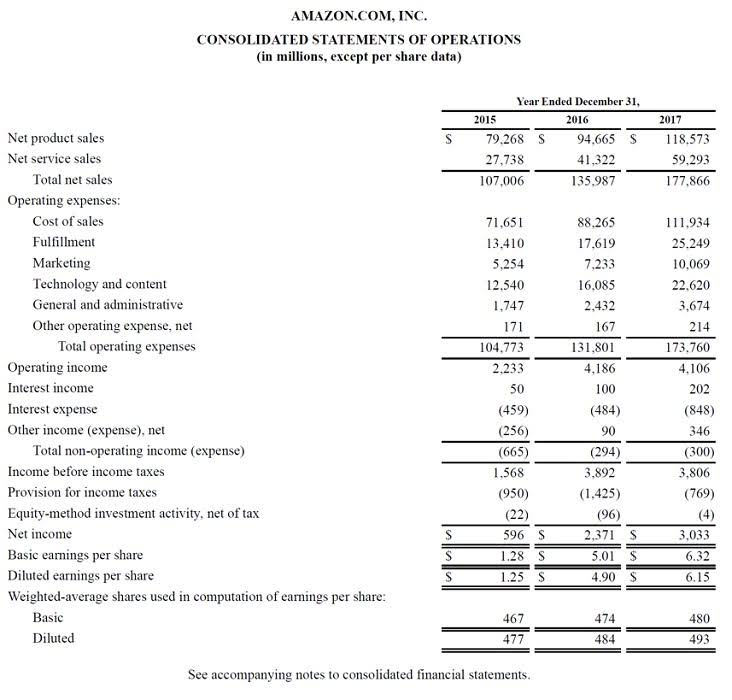
While the cash basis method of recording involves immediate recognising of any expenses and revenues, the accrual basis is based on anticipation of the expenses and revenues. Accrual accounting provides a more accurate overview of the actual financial position of an organization. This is mainly because they combine both current and future cash flows, which enables organizations to get a clear view of their revenue and liabilities. Whether your business uses accrual or cash accounting can have a significant effect on taxation. In this section, we will explore the basic elements of cash and accrual accounting and the businesses that are most likely to use each one.
Primary balance as fiscal anchor; A soft target and retrogressive step – GhanaWeb
Primary balance as fiscal anchor; A soft target and retrogressive step.
Posted: Sat, 25 Nov 2023 08:00:00 GMT [source]
Also, a company’s financial statements can only be audited if they have been prepared using the accrual basis. In addition, the financial results of a business under the accrual basis are more likely to match revenues and expenses in the same reporting period, so that the true profitability of an organization can be discerned. However, unless a statement of cash flows is included in the financial statements, this approach does not reveal the ability of a business to generate cash. The income statement provides insights on the company’s income, expenses, and profit or loss over a period of time.
Should a small business use cash or accrual accounting?
While the hybrid method does give a more complete picture of profitability, it is complex. Using the hybrid method requires careful management to ensure consistency in reporting and prevent duplication. It’s also vital to monitor your accounting or work with your accountant to ensure your business stays compliant when filing taxes. The cash basis is simple and straightforward, especially for small business owners who don’t have a lot of inventory to record or other factors that can complicate their revenue. It also gives you a real-time view into the immediate cash you have available for spending. These documents reveal when you receive payments and any invoices that are still outstanding.
- First, cash basis accounting is much easier than its accrual basis counterpart, partially because cash basis accounting eliminates the need to track accounts payable or accounts receivable.
- Depending on what type of business you are, how much money you make, and the types of sales you make, you may not have a choice.
- In this chapter, you’ll explore both methods, see how each impacts financial statements differently, note the role of timing in each method, and learn how and when to record capital and expense transactions.
- You should consult your own professional advisors for advice directly relating to your business or before taking action in relation to any of the content provided.
- Accrual accounting is an accounting method that records revenues and expenses before payments are received or issued.
The cash basis method records these only when cash changes hands and can present more frequently changing views of profitability. The Tax Cuts and Jobs Act increased the number of small business taxpayers who were entitled to use the cash basis accounting method. As of January 2018, small business taxpayers with average annual gross receipts of $25 million or less in the prior three-year period could use it. Expenses are recognized in the accrual accounting method for the period in which they are incurred even if it is yet to be paid. The expense is recognized as accrued expense and is recorded as accounts payable.
What is accrual basis accounting?
However, under the accrual method, the $1,700 is recorded as an expense the day the company receives the bill. Cash basis of accounting is adopted by small businesses while large corporations and publicly traded companies prefer the accrual method. Cash accounting is unable to provide an accurate overview of assets and liabilities. Cash accounting, as it only considers current cash flow, often provides an inaccurate overview of the financial health and performance of the organization. The salon had previously used cash-basis accounting to prepare its financial records but is now considering switching to an accrual-basis method.
Cash basis accounting is a method where revenue is recorded when the cash is actually received; likewise, expenses are recorded when they are paid. Cash accounting does not acknowledge or track accounts receivable or accounts payable. For that reason, the method is best for small businesses that do not stock inventory. The difference between cash basis and accrual basis accounting comes down to timing. If you do it when you get a bill or raise an invoice, it’s accrual basis accounting. In fact, it’s so important that it dictates one of two ways we can account for our business transactions.
Benefits of accrual accounting
Cash basis accounting can be particularly attractive to those just starting out or those with a limited accounting or bookkeeping background, as managing cash basis accounting is similar in scope to managing your checkbook. Check out the two income (Profit & Loss) statements below to see how each accounting method affects your business. The key advantage of the cash method is its simplicity—it only accounts for cash paid or received. Cash accounting is not recognized by GAAP and is mainly preferred by smaller organizations with fewer transactions and who generally do not offer payment terms such as credit options. The accrual method is considered to better match revenues and expenses and standardizes reporting information for comparability purposes. Moreover, a company’s expenses are not recognized until an actual cash payment is made (i.e., a real cash outflow).
With accrual accounting, your income is recognized when you earn it, regardless of whether you’ve been paid. Your expenses are also recognized when you incur them, even if you haven’t paid them yet. When filing their taxes, the small business might use the cash basis, but use accrual accounting internally to track inventory, giving the owner a more complete picture of the business’s profitability.
Cash- or Accrual-Basis Accounting?
Cash basis accounting records revenue and expenses when actual payments are received or disbursed. It doesn’t account for either when the transactions that create them occur. On the other hand, accrual accounting the primary difference between accrual-basis and cash-basis accounting is: records revenue and expenses when those transactions occur and before any money is received or paid out. Companies might also use modified accrual accounting and modified cash basis accounting.

Learn what outsourced accounting involves, its advantages, and whether or not it’s right for you. We’ll look at both methods in detail, and how each one would affect your business. The Ascent is a Motley Fool service that rates and reviews essential products for your everyday money matters. As a result, an investor might conclude the company is making a profit when, in reality, the company might be facing financial difficulties. Our popular accounting course is designed for those with no accounting background or those seeking a refresher. For nearly a decade, Toni Matthews-El has published business topics ranging from cloud communication software to best steps for establishing your own LLC.

Deje su comentario
Debe iniciar sesión para escribir un comentario.